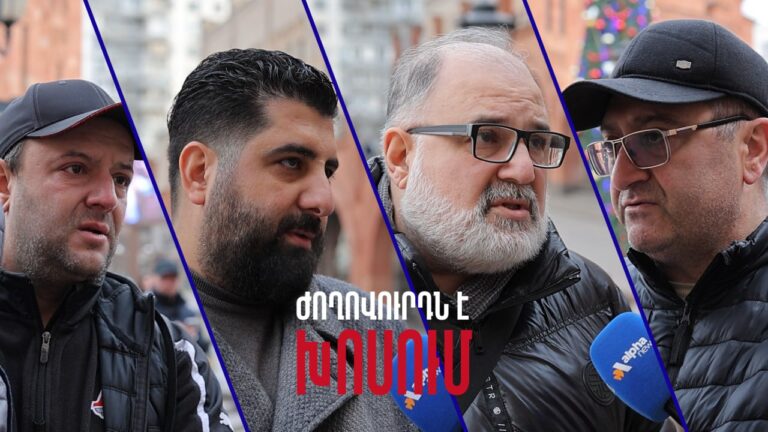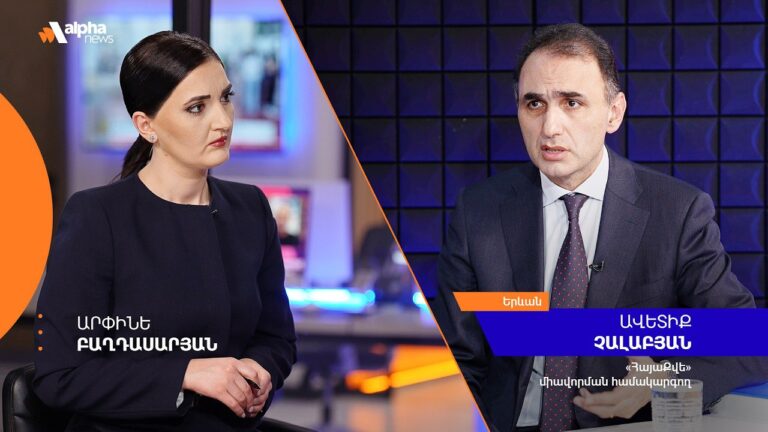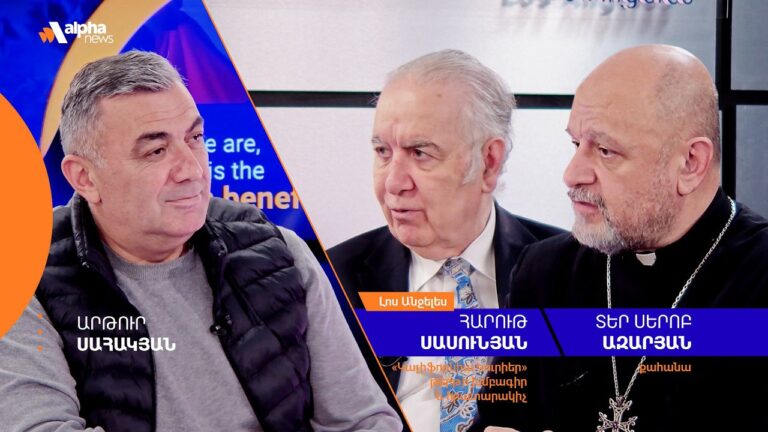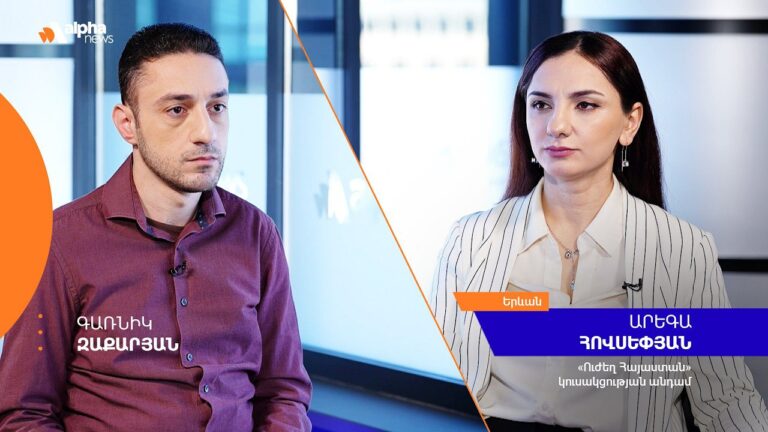Alexey Anpilogov: Pashinyan will sign a peace treaty with Azerbaijan on any terms
Russian political scientist Alexey Anpilogov commented to Alpha News on Ilham Aliyev’s statement that there are no obstacles to signing a peace treaty between Azerbaijan and Armenia.
“I believe that this statement, on the one hand, is encouraging because it means that at least the working groups have agreed on issues related to the demarcation and delimitation of the Armenian-Azerbaijani border. On the other hand, it is clear that this is a very serious document, and, as a result, before the publication of its text, it is quite hard to gauge what concessions the Armenian side will have to make. This is almost obvious, because all previous statements by Azerbaijan did not imply this kind of concession. In particular, Baku insisted on a lot of privileges in the demarcation and delimitation of the border.
It is necessary to understand what the status of extraterritorial transport corridors will be, which were mentioned in the trilateral agreement around Nagorno-Karabakh. This issue has been repeatedly raised. We are talking, of course, about the so-called ‘Zangezur corridor’, which, in one of the options, should pass through the territory of the Syunik region. This is also an important part of the peace treaty,” the expert said.
Commenting on who will benefit most from the upcoming peace treaty, the political scientist notes that the main beneficiary of mutual agreements will be Azerbaijan.
“I believe that at this point, Azerbaijan needs the agreement in those previous declarations that were made, because in this case, Azerbaijan will receive much more from the current Armenian authorities than it would have received as a result of a fair bilateral peace treaty. Because it is clearly clear that the Pashinyan government is ready to sign a de facto peace treaty on any terms. This will be a very serious blow to the sovereignty of Armenia,” Anpilogov emphasized.
“This is not a peace treaty; it is rather an agreement on the peaceful existence of two countries, which have not resolved a lot of their issues in bilateral relations since the collapse of the Soviet Union,” Anpilogov said.







